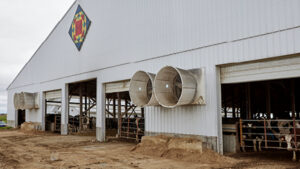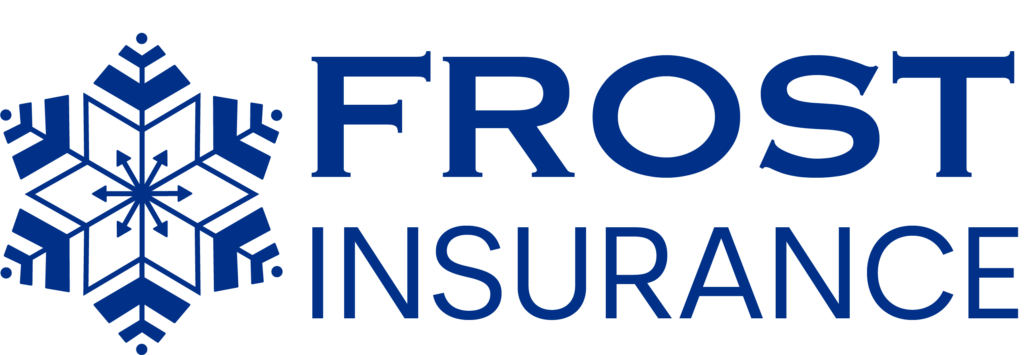Stay ahead of fire hazards on your dairy farm with these steps
Fire is a universal hazard on today’s dairy farms, whether large or small. Even the smallest equipment malfunction, spark in a haystack or electrical wiring problem can turn to a costly, damaging fire.
“When I started in this business, our biggest dairy claims were from fire and wind. All these years later, our biggest claims are from fire and wind,” said Nationwide Agribusiness President Brad Liggett. “When it comes to the risk fire poses to dairy farms, nothing has changed.

Fire is still the biggest risk out there when it comes to dairy farmer property losses.
In most cases, the actual risk of loss from fire often depends on the size of a dairy farm, how it’s operated and the risk management strategies and tools in place. There are a few fire prevention steps dairy farmers can take to help minimize the chances they’ll face property losses and business disruptions from fire.
Minimize fire losses with the right attention and steps
Fire accounts for 45% of dairy insurance claims, according to Nationwide Senior Dairy Consultant Dan Rice. But those losses can be minimized with the right attention and steps by dairy farmers and their employees. Often, those actions and their effectiveness depend on a farm’s size, Rice said.
“On small dairy farms, the family and maybe an employee or two are doing all the work. They’re always there and looking after their assets really well. Many large farms have full-time HR staff and safety professionals who conduct regular safety training. In both cases, the size and nature of the dairies help minimize claims from causes like fire,” Rice said.
“But on some mid-sized farms, farmers are often spread too thin and trying to do everything, they may not have time for training or oversight of potential safety issues. In cases like that, these mid-sized farmers are at risk of having safety issues. They need to take steps to improve their farm fire safety” and Nationwide is here to assist when possible.
Here are a few steps dairy farmers can take to help improve farm fire safety, according to Rice.
- Inspect your farm regularly. Conduct routine inspections of buildings, equipment and feed/hay storage.
- Maintain machinery and equipment. Clean and maintain machinery regularly. This helps ensure electrical systems are in good working order.
- Train your workforce. Provide comprehensive safety training for all employees. Ensure every member of a dairy farm’s workforce follows a set of clear, easy-to-follow fire safety and prevention protocols.
- Ramp up fire safety tools and technology. There are a lot of new tools available from Nationwide and its strategic partners that can help prevent fires from starting or spreading, like:
- Review insurance coverage regularly. Review your insurance policies on a regular basis with your agent to ensure adequate coverage for all potential risks. Consult your Nationwide farm insurance agent for assistance.
- Cover only what you need to cover. Some dairy farmers will seek coverage for vehicles and other personal items in their dairy farm insurance. Keep such items off your farm policy so it’s specific to your dairy farm operations.
Keep personal property separate
That last point is a big one; Rice said he’s seen instances where a dairy farmer will put things like personal vehicles on his or her dairy insurance policy. It’s definitely tempting to add anything that’s on a farm but more for personal use on a farm’s umbrella policy. But while it means those items are covered, it may be creating even more liability for the policyholder.
“Don’t mix personal property like homes and vehicles with farm property like barns and equipment. You don’t want to lose a farm that’s been in your family for five or six generations because of a personal property claim,” Rice said. “It’s best to create some separation in how you insure business and personal property. Talk to your Nationwide agent to make sure you have all the right coverage in place.”

